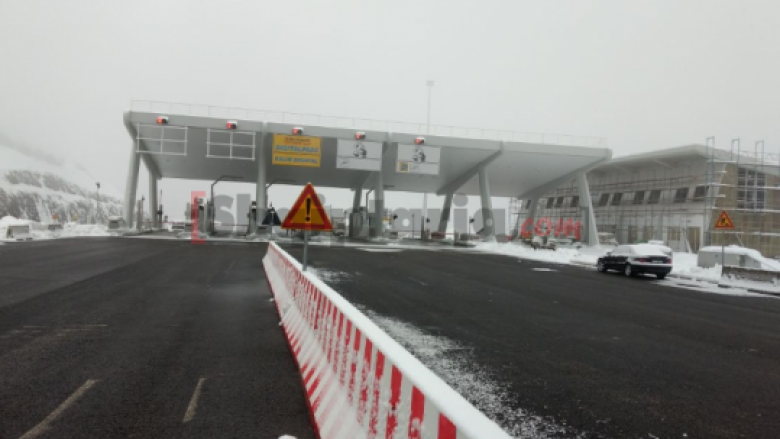
A few days ago, Exit received a letter from the Director General of Kastrati Group, in which the company – one of two partners of the concessionary consortium Albania Highway Concession sh.p.k – responded to the Exit article concerning the administrator of the concessionary company being currently involved in a criminal prosecution in Italy.
The case in question concerns a 2013 accident resulting in the death of 40 people, which, according to the investigation, was caused by a malfunctioning bus but could have been avoided if the roadside traffic barriers had been properly maintained and managed to to keep the vehicle from falling off the bridge. For this accident the Italian legal system is holding several leaders of the company Autostrade per L’Italia accountable, among them Nicola Spadavecchia, currently the sole administrator of Albanian Highway Concession sh.p.k.
This letter, which we published in full, does not add any novel fact to Exit’s initial article. On the contrary, it seems to paradoxically approve and confirm every element of the article.
The sole point of the article the letter wants to seemingly push back on is the fact that Exit only presented the reasoning of the Italian Prosecution, whereas, according to the letter, during the trial the defense has also brought before the court expert witnesses – all of them colleagues of the defendants and involved in highway maintenance – who claim that highway inspections were carried out regularly and effectively, but that the technical conditions of the road – heavy traffic, lack of emergency lanes, the gorge on the side of the road – only allowed for a partial inspection.
Exit did not include these testimonies in the initial article due to insufficient space, and, most importantly, to refrain from inciting emotional opinions. After all, the main argument of these testimonies and the entire defense, as depicted in the Italian media, rests on the claim that the inspection procedures – visual assessment from a car moving at 80 km/h – that the defendants carried out made it nearly impossible to notice whether the hinges attaching the barriers to the asphalt were corroded or not. In effect, the defense’s own testimonies have confirmed that the inspection procedures were inadequate to properly assess risk.
Perhaps this will be enough to let the defendants off the hook, so to speak, but it will certainly not be good enough to convince the Italian public that the people responsible for the maintenance of the road did everything in their power to avoid this tragedy.
Kastrati’s letter clarifies that the structure of the Italian judiciary is divided into three tiers, and the prosecution is currently still in the first tier. Consequently, there are no legal constrictions that would prohibit Spadavecchia to keep exercising his profession. This fact, indeed, was never questioned in our article. Still, while the slowness of the Italian judiciary can be excused only formally, it is hard to excuse Spadavecchia from the moral responsibility that comes with choosing to keep practicing his profession.
The factual reality is the same in Albania as it was in Italy: Spadavecchia was the head of a concessionary company, in whose interest it was to keep the costs of road maintenance at a minimum. Keeping these costs at a minimum was, indeed, a prerequisite for his career advancement. Afterwards, if the road crumbles, the legal responsibility falls to the director who signed, while the extra profits, procured through keeping maintenance costs minimal, go to the concessionary.
For cases like these, Italy, unlike Albania, has a law, controversial and little effective, that stipulates financial legal responsibility for the concessionary company. This is intended to keep companies from increasing profits by pressuring their directors to cut corners, leading, inevitably, to them becoming lightning rods for lawsuits against the companies.
This minimal accountability for companies does not exist in Albania. Exit has often included this fact in our ongoing critique of the paleo-capitalist oligarchy that is taking root in our country.
Exit hopes Spadavecchia manages to convincingly demonstrate, both in the current trial, and the ones that will inevitably follow, that he does not hold any responsibility for this tragedy. Most importantly, regardless of the conclusion reached by the Italian courts, we hope that Spadavecchia, along with others involved with him, will be able to learn a valuable lesson from this tragedy and will come up with more efficient and life-saving maintenance procedures for Albania’s national highways than the ones currently in practice.
As for the concessionary company Kastrati, we hope that they invest their capital and entrepreneurial efforts into venues more beneficial to common interests, rather than into concessions and monopolistic favors for the government.

